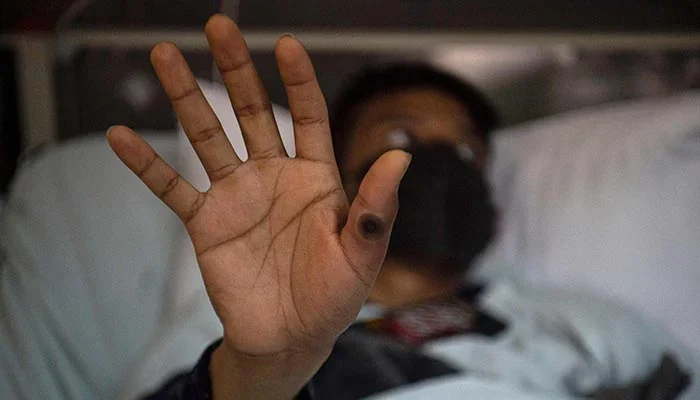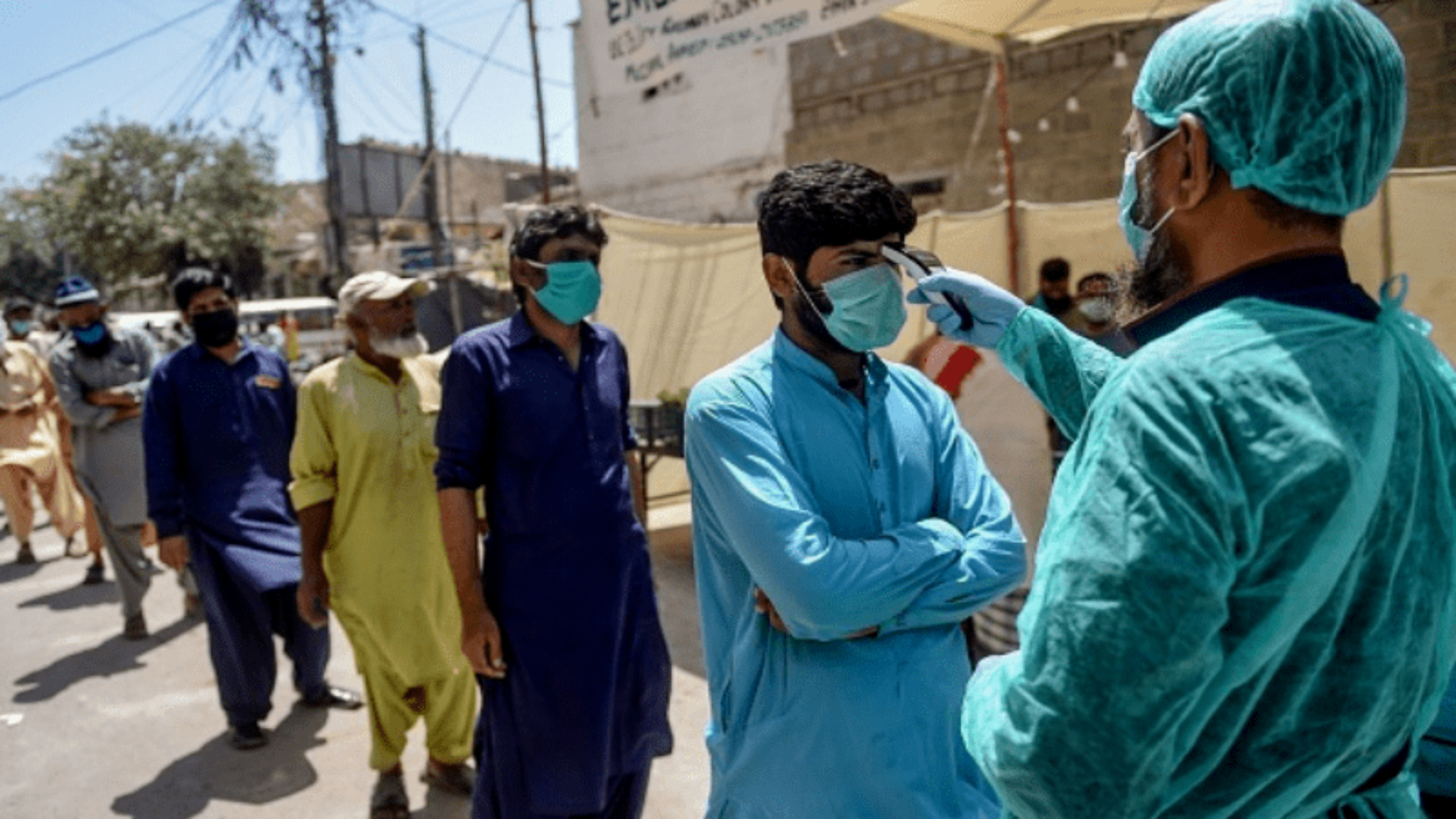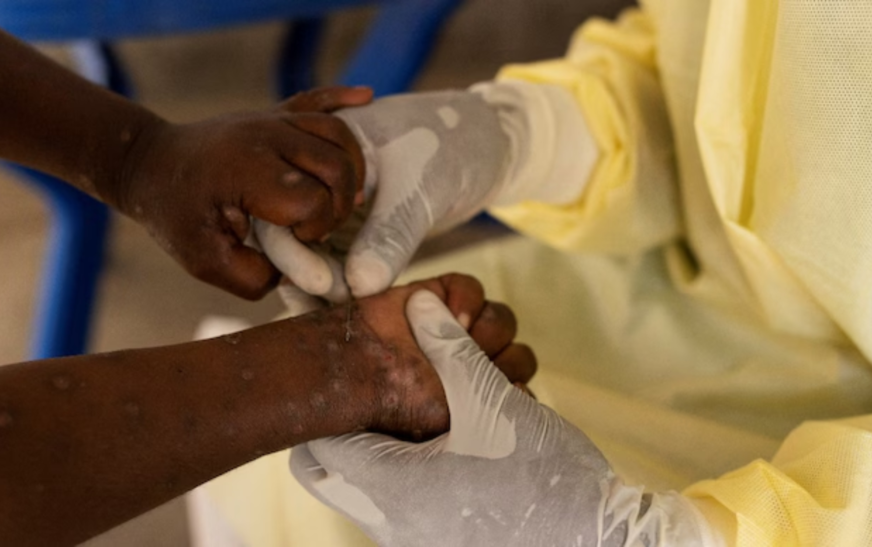ISLAMABAD: The National Command and Operation Centre (NCOC) has raised an alert to Border Health Services following a significant rise in global monkeypox cases and the spread of the Zika virus in India.
The alert comes after the World Health Organisation (WHO) declared monkeypox (mpox) a global public health emergency, following an outbreak in the Democratic Republic of Congo that has now spread to neighboring countries.
On Wednesday, the WHO’s emergency committee convened to advise Director-General Tedros Adhanom Ghebreyesus on whether the outbreak qualifies as a “public health emergency of international concern” (PHEIC). This designation, WHO’s highest level of alert, aims to accelerate international research, funding, and cooperation to contain the disease.
Tedros stressed the importance of a coordinated global response, stating, “It’s clear that a coordinated international response is essential to stop these outbreaks and save lives.” Mpox, which spreads through close contact, typically causes flu-like symptoms and pus-filled lesions on the body. While generally mild, the disease can be fatal in rare cases.
Read More: WHO declares Mpox global health emergency amid rising death toll in Africa
The outbreak in Congo began with an endemic strain known as clade I. However, a new variant, clade Ib, has emerged, spreading more easily through routine close contact, including sexual transmission. This variant has now reached neighboring countries such as Burundi, Kenya, Rwanda, and Uganda, prompting swift action from the WHO.
“The detection and rapid spread of a new clade of mpox in eastern DRC, its detection in neighboring countries that had not previously reported mpox, and the potential for further spread within Africa and beyond is very worrying,” Tedros warned. WHO has already released $1.5 million in contingency funds and plans to appeal for an additional $15 million to support the response.
Earlier this week, Africa’s top public health body declared an mpox emergency for the continent as the virus spread at an alarming rate. Professor Dimie Ogoina, chair of WHO’s mpox emergency committee, noted that all members unanimously agreed the current upsurge in cases is an “extraordinary event,” with Congo reporting a record number of infections.
In Pakistan, the NCOC has scheduled an emergency meeting on Thursday to address the growing threat of mpox and the emerging Zika virus situation in India. NCOC officials have underscored the need for stringent monitoring of passengers arriving from abroad, particularly from regions with known outbreaks. Suspected mpox patients will be quarantined in special wards. To date, Pakistan has reported nine mpox cases, including one death, all linked to individuals returning from Arab countries, with no local transmission.
The NCOC has also drawn attention to the Zika virus outbreak in India, where over 80 cases and several deaths have been reported in Pune. The mosquito responsible for spreading Zika is also present in Pakistan, with cases previously confirmed in Karachi in 2021 and 2022.
NCOC Deputy Coordinator Dr. Mumtaz Ali Khan confirmed that Thursday’s meeting, to be chaired by NCOC Director General Dr. Shabana Saleem and attended virtually by provincial health officials, will focus on developing a comprehensive strategy to combat the rising global incidence of mpox and the potential threat posed by the Zika virus. The meeting will cover the availability of testing kits, the preparedness of isolation wards, and the readiness of hospital facilities nationwide.
“Border Security Services have also been invited to ensure foolproof measures are in place to prevent the virus from entering the country. In the event of an infected patient arriving, immediate isolation will be enforced. While the WHO has not yet issued an advisory, we are anticipating one soon,” Dr. Khan added.











